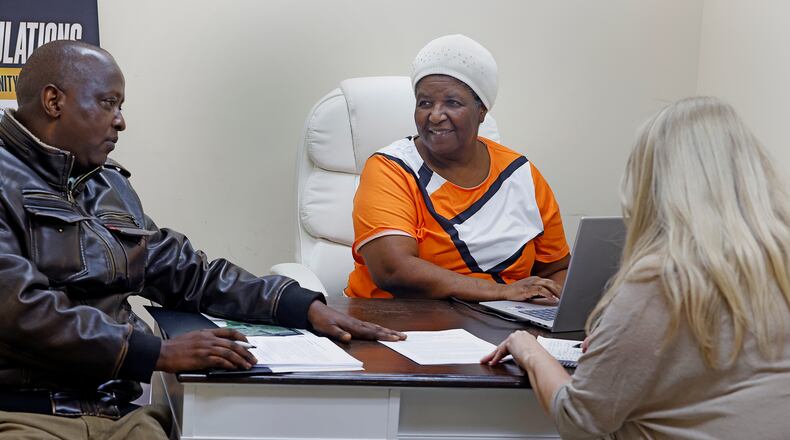At Cross Over Community Development (COCD), we see this dedication every day. Started by local mentors and a refugee who now calls Dayton home, COCD helps immigrants reconnect with their farming roots through urban agriculture. In partnership with the University of Dayton’s Fitz Center, Central State University Extension, and others, we launched a program to train 100 new farmers — people who bring deep agricultural knowledge but need support navigating U.S. standards, food safety, and market access.
This work was made possible through an 18-month USDA grant focused on risk management education. With a curriculum developed in collaboration with UD’s Urban Research Institute, the training for immigrant farmers was designed to be hands-on and delivered in multiple languages through Bilingual Peer Facilitators. At the same time, an English-language, self-paced version of the training was being developed for a broader national audience — so anyone interested in farming could access it online for free.
These farmers were preparing to grow food on a small scale or fill critical labor gaps in a sector struggling with worker shortages. The goal? Transform Dayton’s vacant, city-maintained lots — often seen as liabilities — into productive urban farms that provide healthy food, jobs, and pride. From food deserts to flourishing gardens.
But just as we were preparing to launch the summer season, the USDA canceled the grant. No heads-up. No dialogue. Just a termination notice — leaving behind the hard work of dozens of community members and partners.
We’re sharing this with you — not as a formal appeal, but as neighbors who care. This isn’t just about a grant. It’s about building a more resilient Dayton, where every resident has the chance to grow, contribute, and thrive.
Let’s not lose this momentum. Stand with us in supporting new American farmers and turning empty lots into something we can all be proud of. Dayton is a city of doers — and we’re just getting started.
Catherine Bitwayiki is the Executive Director of Cross Over Community Development.
About the Author
